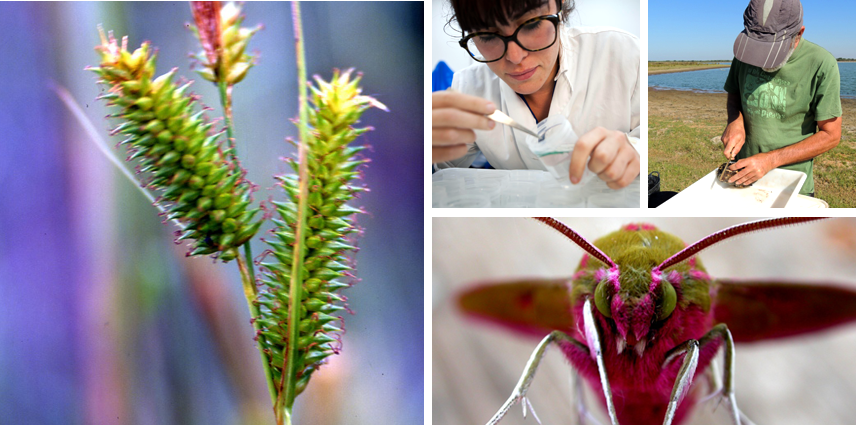The aim of the Department of Ecology and Evolution is to understand ecology and evolution at different scales and with different approaches and study systems.
Our research focuses on studying how species interact and how this determines the stability, functioning and evolution of populations and communities. These studies range from the detailed analysis of ecological interactions between plants, microbes and animals, to their role in micro- and macroevolutionary processes affecting population dynamics and speciation.
We focus on diverse study systems such as vertebrates (in particular amphibians, bats and birds), plants, pollinators, seed dispersers and host-symbiont interactions. Our work combines the development of theoretical models with detailed fieldwork, molecular genetics and epigenetics, using both traditional genetics and new omics tools and chemical and microbiological analyses.

In our research group, we are interested in applying different approaches to studying the evolution of amphibian traits (especially those related to the larv




























